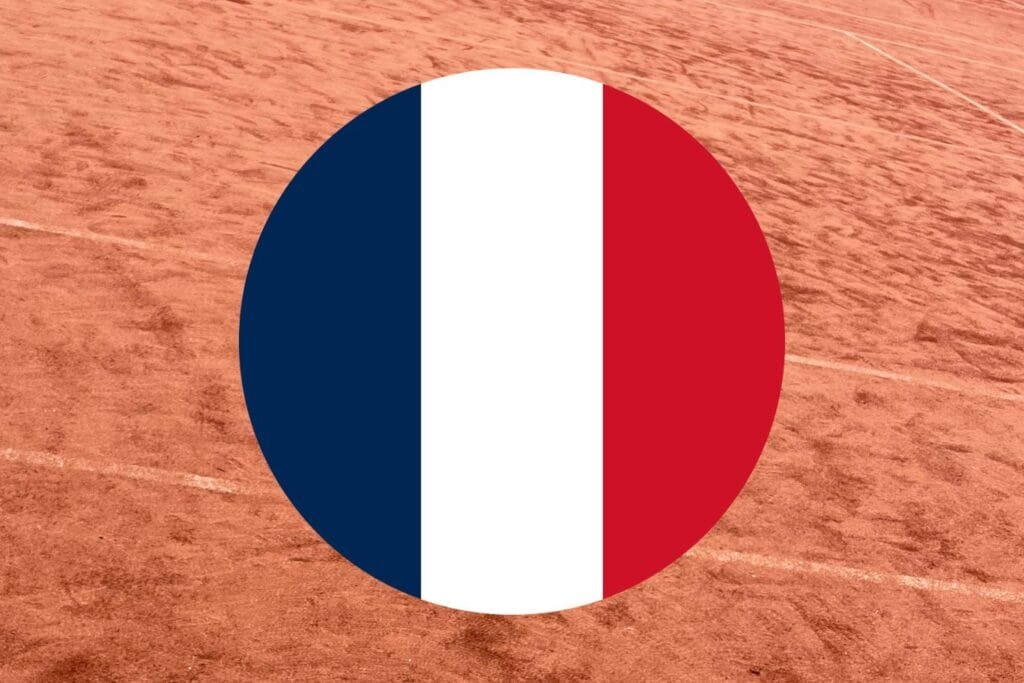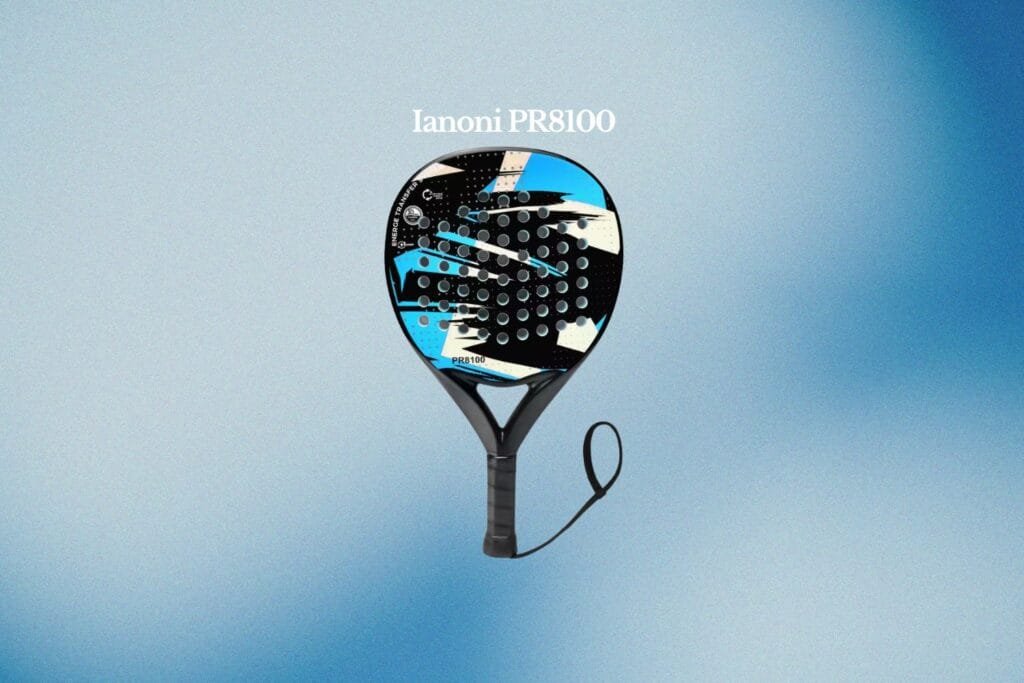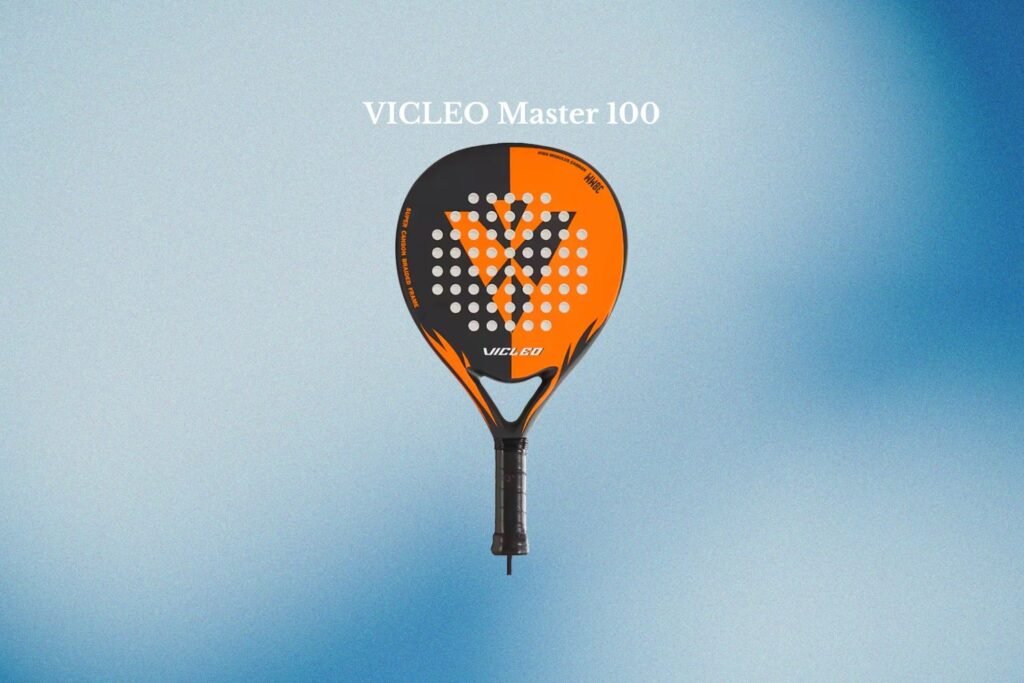
Padel, the fast-growing racket sport that combines elements of tennis and squash, is making significant strides in Portugal. Over the past decade, the sport has shifted from a relatively unknown pastime to one of the country’s most popular and rapidly expanding activities. This surge is driven by padel’s accessibility, social nature, and the enthusiasm of local communities and sports organisations across Portugal.
The Rise of Padel in Portugal
Though padel originated in Mexico and found its biggest audience in Spain, its neighbour Portugal has embraced the sport with growing passion. Historically, Portugal has been a strong tennis nation, but padel’s introduction has added a fresh, dynamic alternative that appeals to all ages and skill levels.
The sport’s manageable court size and less physically demanding nature compared to tennis make it especially attractive to beginners and recreational players. This accessibility, combined with the social doubles format, has accelerated padel’s popularity in Portuguese cities and towns alike.
Growth in Facilities and Clubs
The number of padel courts in Portugal has expanded dramatically in recent years. From a handful of courts just a decade ago, the country now boasts several hundred dedicated padel courts, with many more planned or under construction.
Lisbon and Porto, Portugal’s two largest cities, are at the forefront of this growth. New padel clubs and leisure centres featuring modern courts have appeared across these urban centres, catering to an enthusiastic player base. Additionally, numerous existing tennis clubs have added padel courts, recognising the sport’s potential to attract new members.
Smaller cities such as Faro, Coimbra, and Braga are also seeing increased interest and investment, helping to spread padel’s reach beyond the biggest metropolitan areas.
Community and Social Appeal
Padel’s rapid growth in Portugal is closely tied to its social and inclusive appeal. The sport’s format—typically played in doubles on a small, enclosed court—encourages teamwork, socialising, and friendly competition. It is common to find mixed-age groups enjoying matches, reflecting padel’s broad demographic reach.
Local clubs often organise social events, beginner workshops, and friendly tournaments, helping new players feel welcome and motivated to improve. This community-driven growth is a crucial element behind the sport’s popularity surge.
Support from Sports Organisations
The Portuguese Tennis Federation (Federação Portuguesa de Ténis) has played an active role in promoting padel. Since officially recognising the sport, the Federation has helped establish a structured competition calendar and coaching certification programmes, ensuring that players receive quality training and opportunities to compete.
Regional federations have also been involved, organising local leagues and supporting the development of new courts. This formal backing has helped elevate padel’s profile and attracted funding from both public and private sources.
Competitive Scene and National Tournaments
Portugal’s competitive padel scene is developing quickly. National tournaments now attract strong fields of players from across the country, and Portuguese athletes are increasingly visible on the international padel circuit.
The establishment of ranking systems and competitive leagues gives players clear pathways to progress from recreational play to high-level competition. Events such as the Portuguese Padel Championship have become highlights in the calendar, generating media attention and inspiring new participants.
Media Exposure and Sponsorship
Media coverage of padel is on the rise in Portugal, with local sports networks and digital platforms broadcasting key tournaments and sharing instructional content. This exposure helps raise public awareness and drives interest among potential new players.
Sponsorship deals with sports brands and local businesses are also growing, providing crucial financial support for clubs, events, and grassroots initiatives. Equipment sales for padel rackets, balls, and apparel have increased steadily, signalling a healthy and expanding market.
Padel and Portuguese Lifestyle
Padel fits neatly into the Portuguese lifestyle, where outdoor sports and community activities are highly valued. The country’s generally mild climate allows for year-round play, particularly in southern regions like the Algarve, where padel courts have become popular leisure destinations.
The sport’s friendly, inclusive nature complements Portugal’s social culture, making it a popular choice for families, friends, and colleagues looking for an active pastime that encourages social connection.
Looking Ahead: The Future of Padel in Portugal
The future for padel in Portugal looks bright. With continued investment in facilities, growing grassroots participation, and increasing competitive opportunities, the sport is well positioned to become a staple of Portuguese sporting life.
Local authorities and private investors are recognising padel’s potential to boost community health and local tourism, particularly in regions known for sports holidays. There are also efforts underway to introduce padel into schools and youth programmes, ensuring the next generation of Portuguese players will continue to grow.
Conclusion
Padel’s expansion in Portugal is a clear example of how a sport can capture the imagination of a nation through accessibility, social engagement, and strong organisational support. From vibrant city clubs to growing regional centres, padel is making its mark and inviting more people to enjoy the fun, fast-paced game.
Whether you’re a seasoned racket player or new to sport altogether, padel in Portugal offers a welcoming and exciting opportunity to get active, meet new people, and be part of a flourishing sporting community. The momentum behind padel shows no signs of slowing, promising an exciting future for this rapidly expanding sport.









